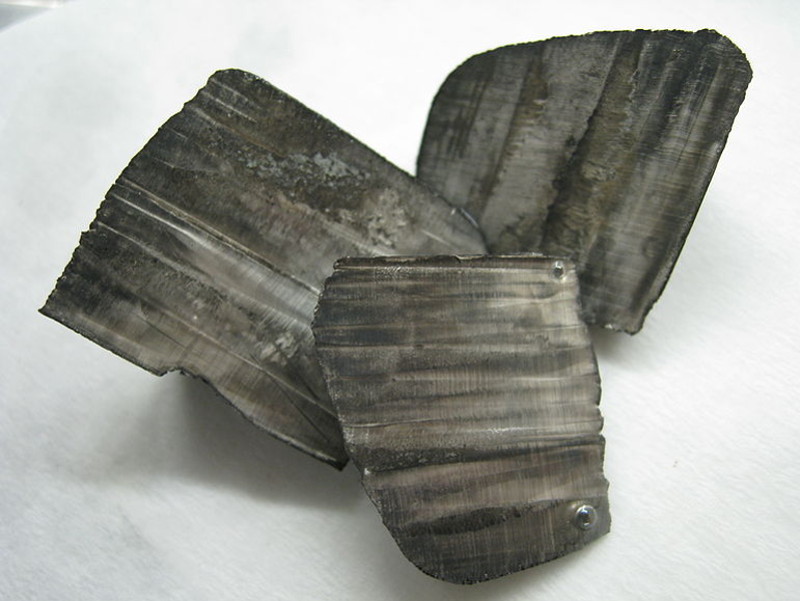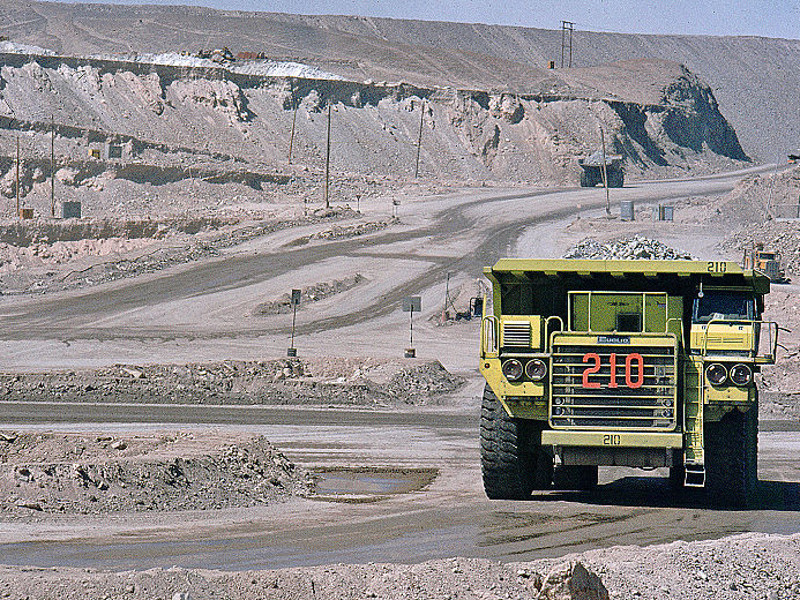Rincon lithium project is a high-grade lithium mine being developed in Salta Province, Argentina. It is being developed with an estimated investment of £110m ($141m).
Puna Mining, a joint-venture company formed in September 2016, is the project developer. Argosy Minerals holds 77.5% stake in the JV, in addition to the right to increase the stake up to 90%. Pablo Alurralde and Francisco Menendez are the other participants of the JV.
Argosy completed the preliminary economic assessment (PEA) of the Rincon lithium project in November 2018.
Pilot plant was commissioned in April 2018, while commercial production of lithium carbonate (Li2CO3) was started in July 2019. The project will initially produce 2,000 tonnes per annum (tpa) of lithium carbonate-equivalent (LCE) and will have a full capacity of 10,000tpa. It is anticipated to have a mine life of 16.5 years.
Project Gallery
-

The Rincon lithium project contains 1.1Mt of lithium carbonate (LCE) reserves. Image courtesy of Rotatebot.
-

The Rincon project is located in the Salta Province, Argentina.
-

The project is situated close to existing infrastructure such as power, access roads, and rail connection. Image courtesy of Tennen-Gas.
Rincon lithium project location, geology, and mineralisation
Located in Salar del Ricon in the Salta Province, the Rincon lithium project comprises two mining concessions namely Telita and Chiquita II.
The site is hosted in 2,749ha of mining titles within and around the southern edge of the Rincon salar. It is located in the Lithium Triangle, which hosts up to 54% of the world’s lithium resources.
The sediments within the salar comprise halite, clay, and sand and are believed to have formed through terrestrial sedimentation and brine evaporation.
The identified brines are a result of solar salar concentration, with mineralised brine saturating the entire sedimentary sequence.
Ore reserves at Rincon lithium project
The Rincon lithium project is estimated to contain 1.1Mt of LCE in reserves.
The indicated mineral resources are estimated to be 245,120t, graded at 325 milligrams per litre (mg/L).
Ore processing at Rincon lithium project
Conventional lithium brine chemical processing method is proposed for the Rincon lithium project.
The development is being carried out in two stages, with the first stage comprising an industrial-scale pilot plant capable of producing up to 500tpa of LCE. The second stage will involve the construction of initial 10Ha evaporation ponds and additional 24Ha of ponds to increase the production to 2,000tpa.
Lithium processing activity will comprise salar evaporation plants, brine well field, processing plant, brine concentration and salt removal, lithium carbonate crystallisation and drying, and lithium carbonate packaging and storage.
Lithium brine from the salar aquifer will be concentrated in a series of solar evaporation ponds. Salt removal and reduction of sodium and potassium levels will take place as the brine concentrates.
Boron, magnesium, and calcium will be removed from the lithium brine before carbonation process. Boron will be removed using solvent extraction process, while magnesium will be removed by the addition of lime.
Lithium carbonate will be precipitated by temperature control and carbonation with soda ash and carbon dioxide to produce lithium bicarbonate intermediate. The product will be further converted into higher purity battery-grade lithium carbonate product.
The precipitated product will be thickened and filtered, and the dewatered lithium carbonate filter cake sent to dryer followed by milling. The produced LCE product will be packaged into either 25kg or 1t bulka-bags and transported to the port city of Antofagasta for shipment to customers.
Infrastructure
The Rincon lithium project is in close proximity with infrastructure facilities including all-seasons roads, electric supply, and a rail access to the port city of Antofagasta. The lithium mine is also located near a natural gas pipeline terminus.
Off-take of lithium from Rincon mine
Argosy Minerals entered a sales agreement with Mitsubishi Corporation RtM Japan in April 2019 for the supply of the lithium carbonate from stage one of the Rincon project.
Contractors involved
Primero Group prepared the PEA for the project, while AQ2 conducted hydrogeological works as part of the PEA.
